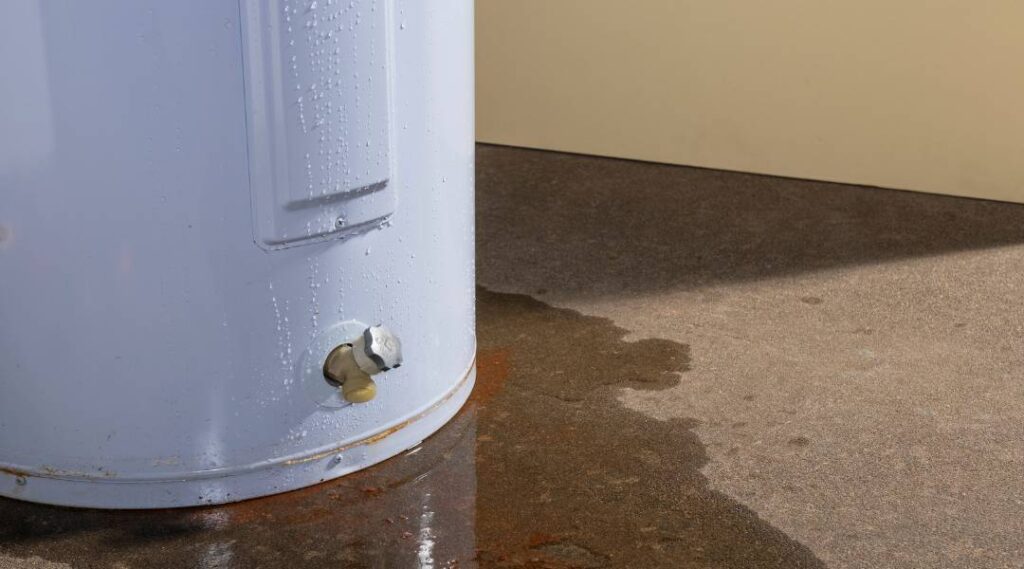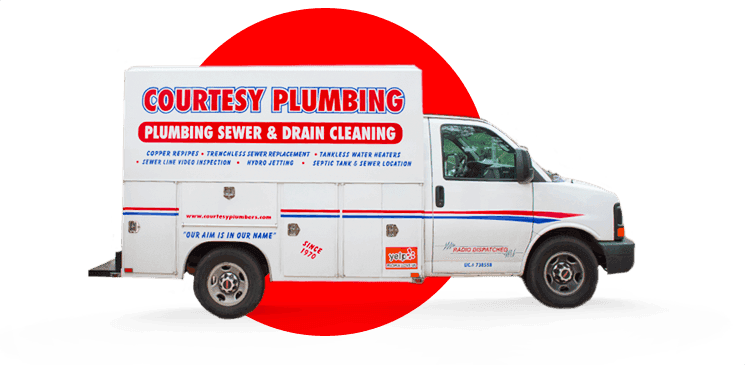Deciding whether to repair or upgrade your water heater after detecting a leak involves understanding the lifespan and condition of your unit. If it’s close to or beyond the typical 8-to-12-year threshold, considering an upgrade might be more cost-effective in the long run. Tankless models, known for their longevity exceeding two decades, often merit repairs instead due to their extended service life.
The source of leaks—whether from sediment buildup at the bottom requiring complete replacement or simpler fixes like valve replacements at the top—plays a crucial role in this decision-making process. Furthermore, issues with efficiency signal that upgrading could restore a reliable hot water supply while potentially lowering your energy bills.
Identifying the Source of Leakage
When you spot a leak in your water heater, don’t panic. First, check where it’s leaking from. A leak at the bottom might mean sediment buildup has corroded through the tank—a sign to replace your unit.
If it’s leaking from the top, inspect parts like drain valves or joints; these may simply require replacing specific components. Consider your water heater’s age, too. Units near their 8-to-12-year expectancy often merit replacement over repair, especially if performance dips are noticed, such as water not staying hot enough for long periods.
For detailed guidance on whether to mend or upgrade, consult an expert plumber. They can accurately diagnose issues and recommend feasible solutions tailored to your situation, including modern options like tankless heaters that last over 20 years with proper maintenance.
Evaluating Repair Versus Replacement Costs
When your water heater leaks, deciding between fixing it or getting a new one is crucial. If it’s under ten years old and well-cared for, repairs might do the trick. Simple issues like bad thermostats or valves are usually cheap to fix.
Repairing makes sense when it’s less expensive than buying anew and if the unit still works fine overall. However, consider replacing heaters older than 15 years since they break down more often and chug extra energy. Constant fixes add up making replacement smarter financially over time; plus newer models cut down on bills by using less power.
Courtesy Plumbing’s pros can guide you through inspections that nail down problems accurately while weighing repair versus replacement options clearly based on the age and shape of your unit against what you’re ready to spend.
Benefits of Upgrading Your Water Heater
Upgrading your water heater brings several key benefits. First, it tackles advanced sediment buildup that hampers efficiency. Over time, mineral deposits from hard water can corrode internal components or obstruct water flow, pressuring the system and leading to malfunctions.
A new unit averts these issues with improved designs that are resistant to sediment accumulation. Also consider corrosion: most tanks are metal and even though they’re coated inside against rust, persistent exposure to minerals in water will lead them to eventually deteriorate and leak. Newer models often feature enhanced materials for longer-lasting resistance against such damage.



